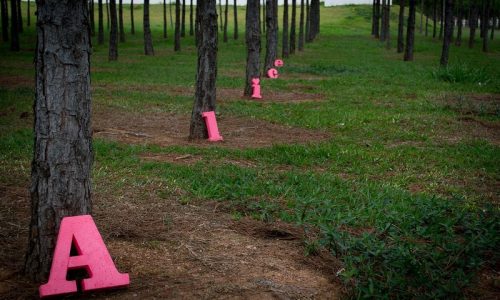Meaning: to show signs of feeling something; to behave as if one feels a certain emotion or desire.
Grammar Point: 「〜がる」is attached to adjectives or emotion-related words to describe someone’s outward behavior or apparent feelings.
Formation:
い-adjective (stem) + がる
Noun (emotion) + がる
日本語 / にほんご / Japanese
(1) 妹は虫を怖がる / 怖がります。
(2) 祖父は暑がる / 暑がります。
(3) 息子は恥ずかしがる / 恥ずかしがります。
(4) 彼女は寒がっている / 寒がっています。
(5) 猫は魚を欲しがっている / 欲しがっています。
(6) 子供はおもちゃを欲しがっている / 欲しがっています。
ことばと表現 / Words & Expressions
怖がる【こわが\る /Kowagaru/】 to be afraid of
暑がる【あつが\る /Atsugaru/】 to complain of heat feel hot
恥ずかしがる【はずかしが\る /Hazukashigaru/】 to be shy feel embarrassed
寒がる【さむが\る /Samugaru/】 to feel cold
欲しがる【ほしが\る /Hoshigaru/】 to want (third person)
魚【さかな ̄ /Sakana/】 fish
英語 / えいご / English
(1) My younger sister is afraid of insects.
(2) My grandfather feels hot.
(3) My son gets embarrassed.
(4) She is feeling cold.
(5) The cat wants fish.
(6) The child wants a toy.
ひらがな / Hiragana
(1) いもうとはむしをこわがる / こわがります。
(2) そふはあつがる / あつがります。
(3) むすこははずかしがる / はずかしがります。
(4) かのじょはさむがっている / さむがっています。
(5) ねこはさかなをほしがっている / ほしがっています。
(6) こどもはおもちゃをほしがっている / ほしがっています。
ローマ字 / Roman characters
(1) Imouto wa mushi o kowagaru / kowagarimasu.
(2) Sofu wa atsugaru / atsugarimasu.
(3) Musuko wa hazukashigaru / hazukashigarimasu.
(4) Kanojo wa samugatte iru / samugatte imasu.
(5) Neko wa sakana o hoshigatte iru / hoshigatte imasu.
(6) Kodomo wa omocha o hoshigatte iru / hoshigatte imasu.



























No comments yet.